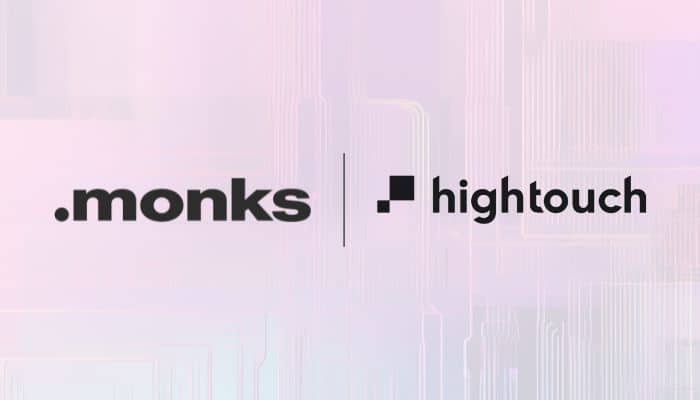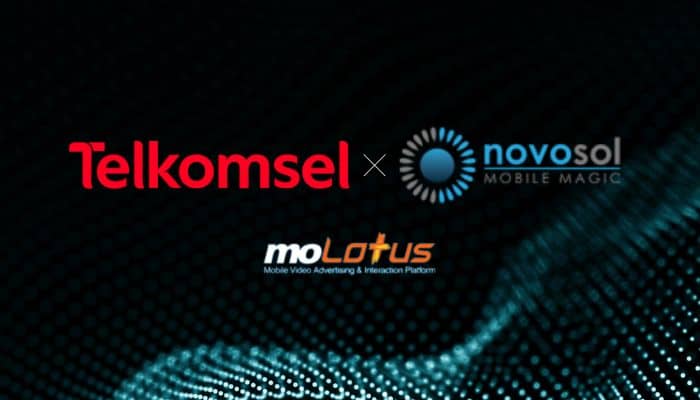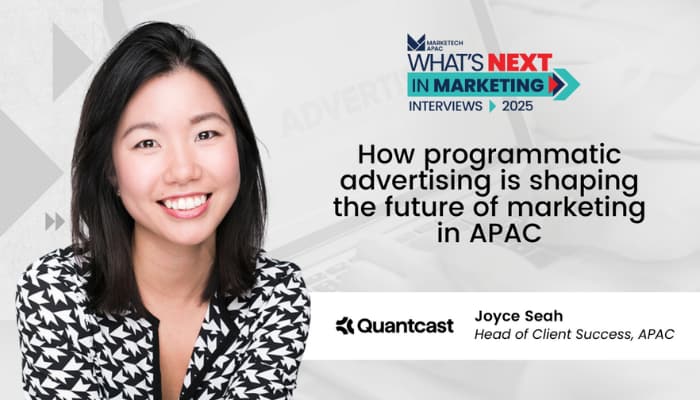Indonesia – Dentsu Indonesia, in collaboration with the prominent Indonesian newspaper Harian Kompas, has launched an innovative initiative to empower sexual assault survivors with a platform to be heard and a reliable, legally sound tool for self-protection.
Titled MANTRA of Hope, the initiative stemmed from Dentsu Indonesia’s research using Harian Kompas’ archives, revealing that many sexual assault cases in Indonesia go unresolved due to insufficient evidence of non-consent, discouraging victims from reporting and leaving them vulnerable to societal victim-blaming.
Working with creative audio technologists, MANTRA of Hope was developed as an AI-powered tool to help sexual assault survivors automatically collect legally admissible evidence of non-consent for use in court.
The app discreetly and securely records audio in the phone’s backend system when a personalised mantra—a predefined phrase chosen by the victim—is activated. This recording, along with unedited metadata (date, time, and location), enhances the credibility of the victim’s testimony.
To promote awareness and encourage adoption, the campaign leveraged podcasts, digital news platforms, and social media, mobilising legal experts, activists, and survivors to advocate for the app’s use. MANTRA of Hope has already empowered thousands by educating them on their rights and offering a vital tool for justice.
Tarrence Palar, marcomm and community manager at Harian Kompas, commented, “As one of Indonesia’s largest media groups, KOMPAS carries a profound responsibility to advocate for and support survivors of sexual violence. This collaboration with Dentsu Indonesia is a testament to our commitment to making a lasting impact.”
“By combining innovative AI technology with our platform’s reach and Dentsu’s seamless execution, we hope this initiative will inspire continued efforts to protect victims’ rights and create a safer society for all,” he added.
The initiative has already generated over 31 billion IDR in earned media value, 42 million impressions, and more than 1,000 app downloads. It has also received multiple prestigious accolades.
Defri Dwipaputra, executive creative director at Dentsu Creative Indonesia, shared, “What comes from the heart reaches the heart; this campaign was born from our Dentsu Indonesia team’s deep concern for the countless unresolved sexual harassment cases in Indonesia. With MANTRA of Hope, our goal is not only to empower survivors with a tool for justice but also to create real change by reducing these cases altogether.”


















